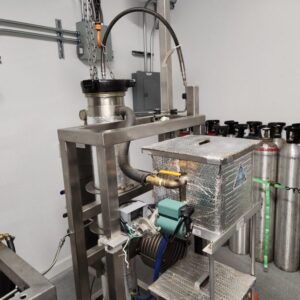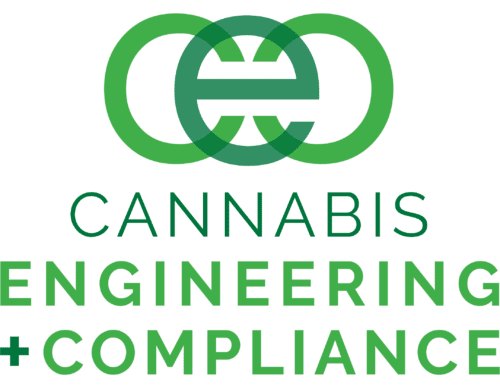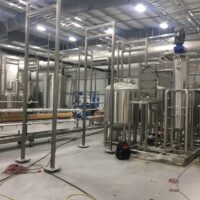What is a Cannabis Compliance Consultant?

Compliance in the cannabis industry is covered a host of regulations from a wide body of disparate regulatory organizations. The areas covered will include licensing, banking, building codes, energy codes, waste disposal requirements, hazardous materials handling, storage, employee safety, insurance, and more. Failure to comply in all necessary areas can have catastrophic impacts on your business, from delays and fines to possible jail time. Fortunately, there are experts who make it their business to understand these complex and changeable landscapes. Cannabis consultants have expertise in a variety of areas, and knowledge networks that keep them up to date on new standards and best practices.
The Importance of Cannabis Compliance
Compliance is all about meeting standards. From the time you apply for a producer license, through getting a facility up and running, and on to sales and taxation, there are things you absolutely must do and standards you must meet. It Is not always easy for a new entrepreneur to navigate these details while going through application processes, seeking funding, leasing or building your facility, choosing equipment, and running your business. Depending on what stage you’re in, failure to comply can leave you with permitting delays, regulatory fines, and in some cases, even criminal charges.
Considerations when Choosing your Cannabis Compliance Consultant
Before you choose a consultant, make sure they have the precise expertise you require for the stage your cannabis enterprise is in. For example, our engineers have decades of experience in facility design, but they won’t be useful to you if you need help complying with state and local tax reporting.
Hiring consultants can be costly, so you want to make sure you are choosing someone whose experience closely matches your needs. You can find this out by asking questions and thoroughly checking references. It’s also a good idea to ask other producers who has helped them get to where they are.
Ask Good Questions
Asking open-ended questions will give you more information than a simple yes or no answer. For example, if you say, “Do you have permitting experience?” and get a yes answer, you haven’t learned much. But if you rephrase your question to something like, “Tell me about your permitting experience,” you will get a fuller answer.
You should also be very specific about your needs. If you are seeking funding, you will want to work with someone who has successfully helped other enterprises get fully funded. You’ll want to know how many organizations they’ve funded and how much the average client got. You can ask about the terms of the deals so you make sure you retain the elements of control that matter most to you.
Ask the same questions each time you talk to a new consulting organization so you can make direct comparisons in your decision-making process.
Check Multiple References
Get references from clients whose projects have been completed within the last several years. Call and ask them about their experience, if the project was completed on time, how close was it to the original quote, how the consultant handles problems that come up, and if they would use the consultant on their next project. Try to find references for clients who have needs that are similar to your own. It is always a good idea to ask specific questions about any negative parts of working with the consultant. Often, people are not comfortable volunteering this information, but will tell you if you ask directly.
Have a Written Proposal
Professional consultants should always provide you with a formal document that specifically outlines the tasks they will perform and the amount you will pay. A proposal may be very simple statements of an hourly rate and an estimate of the hours expected to perform clearly defined tasks. This protects both parties and minimizes problems that may arise from miscommunication.
When we do proposals for our clients, we usually outline a basic service offering, e.g., HVAC design for a grow facility, and an approximate cost. We often end up quoting a price range per square foot. Then, in another section, we will outline add-on services that the client can choose from, a bit like a menu. Those offerings might be permitting support, commissioning, or odor control.
Working with CE+C as your Cannabis Consultant
At Cannabis Engineering & Compliance, we provide a very specific range of services that center around your physical plant. We engineer designs for temperature and humidity control, lighting, irrigation, and life safety. We also provide permitting support to get your building through the process until you receive your certificate of occupancy. We work in cultivation rooms, extraction labs, plant processing areas, and more. If you are building a new facility or have an existing facility in need of some attention, click here to learn more about our services.



